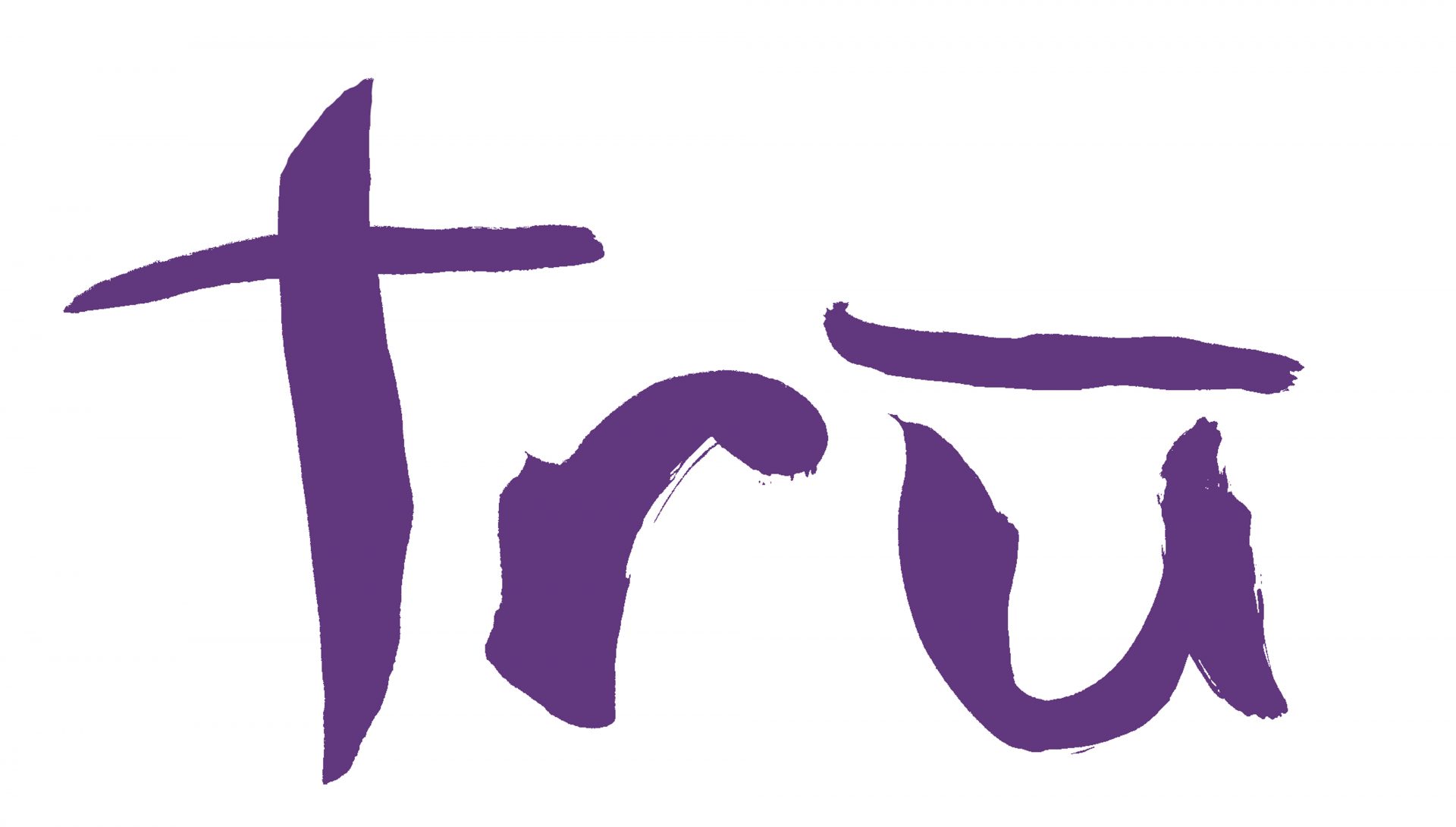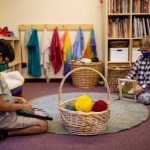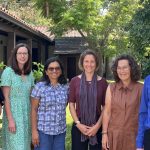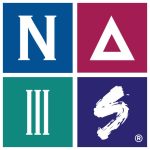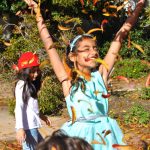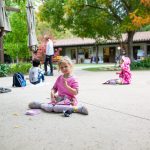“The unexamined life is not worth living.” ~ Socrates
The months and years that children give to their education should be filled with the opportunity to question, to pursue inspiration, and to form a sense of what matters most.
Every activity can relate to broad lifelong goals: understanding, personal growth, competency, and achievement. As a school we strive to reach those goals through a purposeful, extended inquiry that brings the attention of students to systems rather than facts.
The educational program of Trū is organized into a three-year cycle of conceptual themes: Beginning, Living, and Becoming. The theme brings focus and clarity to all the activity of school. The theme is further divided into three year-long “projects” that explore the theme in concrete ways. The projects often overlap and mingle together. As the number of connections proliferates, students come to experience thinking and learning as systemic processes.
Beginning
Where do we come from? What are the origins of the things and experiences in our lives?
Living
How do we exist in this world? What are the systems and processes that make life possible?
Becoming
How are we trying to change? What are the ideals and aspirations that drive us toward greatness in every field?
In the Beginning year
Teachers and students investigate universal origins, how the earth and land are formed, the creation of rocks, the evolution of life, genetic inheritance, and the growth of a plant from a seed. They study their own family history, cultural influences, holidays and traditions, places of origin, and social and political roots. They look at the origins of language itself, the etymology of words, the languages of their own history, and works of literature that describe new beginnings. They consider the evolution of number systems, the binary language of computers, the way units of measurement developed, and the concept of time.
In the Becoming year
Our classes address the process of change and the motivation to make it happen. They read and write texts about how people aspire to improve themselves and the world, how language is used to transform, and what words show about people’s beliefs and opinions. They look at the lives of great people in the past and present, the movements they inspired, the ideas they promoted, and the historical shifts in which they played a role. They use mathematics to study change and the unknown, data projections, and psychology. They study the revolutions of technology as it alters our vision of the future, the possibility of space travel, the solutions to climate change, the improvements in medicine, the science of brain research, gene mapping, and human development.
Continue exploring what Trū has to offer
